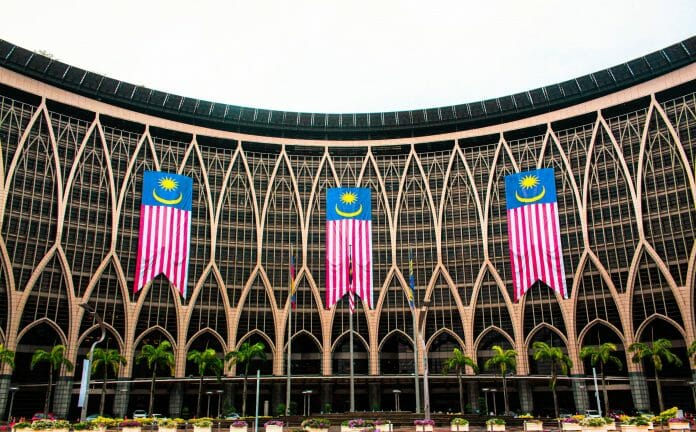According to the Ministry of Finance Malaysia, the government has started working on the Budget 2022 to address the country’s structural issues while rolling out Budget 2021.
This is to ensure Malaysia’s future measures are strategic and targeted which are on point and outcome based.
“The government has started working on fresh ideas for Budget 2022 even as we roll out Budget 2021 measures and the Ministry of Finance is looking at these ideas in a more holistic manner,” Finance Minister Tengku Zafrul said.
The upcoming 12th Malaysian Plan (MP), for the 2021-2025 period, and Budget 2022 would address issues including human capital policies and the United Nations (UN) Sustainable Development Goals (SDGs).
Speaking at the Menang Bersama: Rebuilding Malaysia’s Economy Together programme, Tengku Zafrul noted that the government needs to revamp Malaysia’s human capital policies.
The situation reflected on a serious underemployment issue, which could be due to lower wages for graduates in this country. In turn, would be due to wage increase not being on par with productivity or increase in skills and an industry-education system.
“Hence, Malaysia will come up with a holistic solution. This requires a longer-term planning and cooperation across various ministries and the private sector to produce a workforce that stands ready for challenges in the digital era,” he added.
Referring to the SDGs, Budget 2021 is the first budget aligned to the SDGs. Meanwhile, the 12th MP will provide a holistic blueprint towards sustainable growth, strengthening socioeconomic inclusivity and better environmental sustainability.
The Covid-19 outbreak and recent floods across the country have highlighted the need to develop a more resilient economy in the longer term.
That entails investing in more updated, sustainable infrastructure and engines of growth. To this end, the Ministry has also started revisiting the roles and mandates of government-linked investment companies and government-linked companies (GLCs).
“Perhaps GLCs need to have SDG-related key performance indexes (KPIs), apart from their quantitative KPIs.
Furthermore, there must be matching policy decisions on socio-economic matters which must be matched against our policy on promoted industries or sectors for Malaysia’s Shared Prosperity Vision to be embraced by the whole economy, including the private sector,” he concluded.









